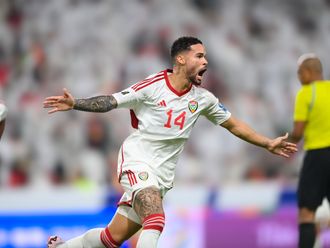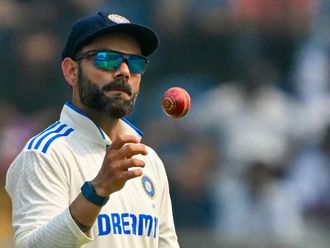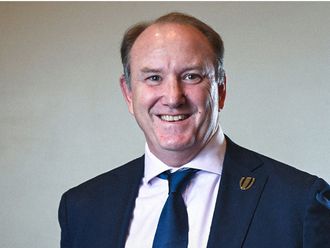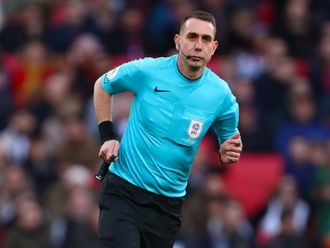Kolkata: It’s been a little over 24 hours that the Indian Premier League has been suspended - and the jury is out on where did the Board of Control for Cricket in India (BCCI) go wrong this time. While the consensus is that it’s been the best decision under the circumstances as cricket can wait for another day once the second wave of the COVID-19 pandemic dies down, there is a strong buzz to suggest that the board may have lowered their guard in terms of creating the Bio Bubble - which played such a crucial role in a smooth conduct of IPL 2020 in the UAE.
A report in Times of India, a leading English daily, points a finger at Varun Chakaravarthy - the mystery spinner of Kolkata Knight Riders for being the ‘superspreader’ of sorts. It is learnt that Chakravarthy, who was taken for a shoulder scan to a hospital in Ahmedabad, had returned to the team hotel and sat down for a meal with teammate Sandeep Warrier - the pace bowler from Kerala.
Later, both players had reportedly travelled with the rest of the team for practice, where Chakravarthy complained about not feeling well. He was isolated in the masseur’s room while Warrier headed for a practice where Delhi Capitals’ practice session was also going on. This was a supposed breach from the Standard Operating Procedure (SoP) laid down by the BCCI since IPL 2020 that no two teams will be allowed to have practice sessions together. The guideline during last year’s IPL teams’ practice sessions at the ICC Academy complex was while it allowed for one team to make use of the facilities at a time, there used to be a turnaround time after a team’s departure for santization of the changing rooms etc.
It’s a common practice for players of the rival teams to bond together and media report says KKR’s Warrier had spent some talking to Amit Mishra, the senior Delhi leg spinner, during that practice session - who later complained that he was also not feeling well. The veracity of such a claim is debatable as medical opinion says the virus has an incubation period of a week - but fact remains the principles of SoP must have been violated at some point.
The 50-page SoP of the BCCI had laid a 15-step procedure for a player required to visit a hospital before he can go back to the bio-bubble after the treatment - and it remains to be seen if Chakravarthy had indeed been casual in his approach. ‘‘Player/Team member visiting the hospital must go to their room and take a shower before interacting with any other team members,’’ was one of the final steps suggested in the guidelines.
Faulty GPS tracking system
During the UAE edition of the IPL, the BCCI had opted for a specialised approach for creating the bubble by taking bids from two established agencies before entrusting the job to the US-based firm Restrata - which had done a pioneering job during the England versus West Indies Test series last July when international cricket resumed a gap of five months due to lockdown. While Restrata handled the job of creating the central bubble, a UAE-based healthcare group won the rights for conducting RT-PCR tests and medical attention.
This time around with the tournament being held across six venues, the BCCI dispensed with their services and hired the services of a hospital and a testing labarotory.
There are a number of other charges with the franchises complaining of a faulty GPS tracking system, where the FOBs handed over to individuals were ‘‘sub-standard.’’ There are also charges that the groundstaff wasn’t put inside the bubble as several from Mumbai, Delhi and Chennai tested positive.








